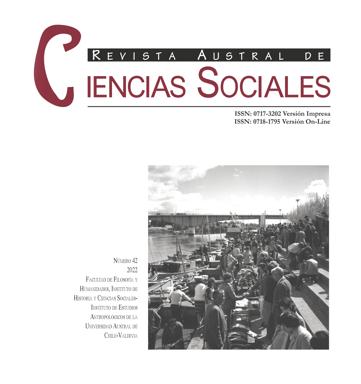The Management of Symbolic Capital and Rural Development: Comparative Analysis of European and Latin American Experiences
Main Article Content
Abstract
In a post-industrial economy, rural development strategies must be reconsidered. Currently, the old development paradigms are subjected to question and new mediations are being established between the countryside and the city, which require a multidisciplinary analysis of emerging processes. Based on the comparative analysis of a series of case studies in which we have worked in recent years in Europe and Latin America, what we intend in this article is to underline the relevance of the new governance schemes of symbolic resources in the configuration of the agri-food value chains and their effects on the environmental sustainability of the exploitation of material resources. To do this, we start from a rethinking of the social dilemmas related to the governance of common goods and the processes of dispossession suffered by rural communities in a post-industrial economy. We conclude that if these communities do not assume the importance of managing these symbolic resources, the need to maintain income levels will lead to a process of overexploitation of material resources and environmental degradation.


 http://orcid.org/0000-0002-2684-2666
http://orcid.org/0000-0002-2684-2666